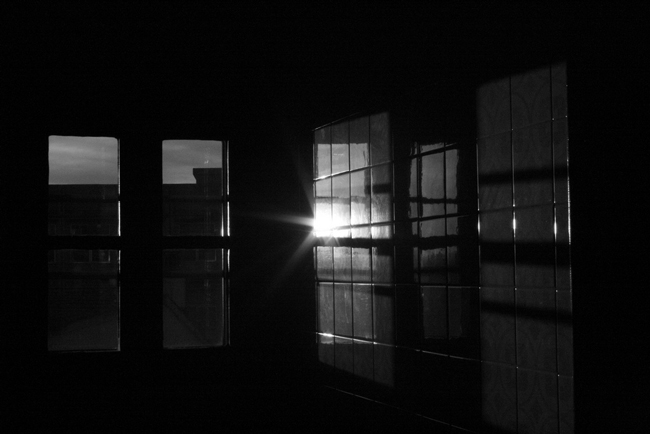
In the wake of allegations of abuse by staffers at a girls’ lockup in Milton, the Florida Department of Juvenile Justice is tightening its oversight of private residential facilities – adding interviews with youths and a partnership with the non-profit Annie E. Casey Foundation to its monitoring procedures.
The move comes after criticism of the state for evaluating private providers without interviewing teen detainees about how they’re being treated.
“We are particularly interested in developing the ability to fully understand what is going on within the programs, within the culture, the personal interactions that kids have with staff,” said DJJ Secretary Wansley Walters.
DJJ will begin interviewing a cross-section of youths in every residential program, looking for signs that incidents of abuse were not reported by the provider and ensuring that detainees have access to the state abuse hotline.
The agency will also upgrade its mental health training for residential program staff so that staffers are better equipped to help at-risk youths, using the principles of trauma-informed care.
And the agency will review surveillance videos within 24 hours of a charge of abuse.
“We welcome the additional oversight,” said Jim Hill, president of G4S Youth Services LLC, which has 19 juvenile residential facilities in Florida. “We look at it as guidance. Any time something can be tweaked to enhance safety and security, it’s a good thing.”
Frequent DJJ critic David Utter, an attorney with the Southern Poverty Law Center, also applauded Walters for the additional protections.
The Southern Poverty Law Center has conducted a number of lawsuits on behalf of youths in private Florida facilities. The watchdog group filed a complaint in November, for instance, containing charges of physical and sexual abuse at the for-profit Thompson Academy juvenile lockup in Broward County.
“Youth confined at Thompson Academy describe the facility as a frightening and violent place where they are subject to abusive and unconstitutional conditions,” ran the complaint.
And in August, a guard at the Milton Girls Juvenile Residential Facility was arrested for battering a 15-year-old girl, who then had called the state abuse hotline. A surveillance video surfaced in which Shannon Abbott appeared to slam the girl into a wall, throw her to the ground and pin her. Abbott had filed an incident report saying the teen resisted, but when DJJ subsequently released the surveillance videos, they did not appear to support her.
Facility staff didn’t report the incident to DJJ until two days after the incident – and only after the Department of Children and Families had verified the abuse reported by the teen to the hotline.
The agency is also investigating allegations that Carol Andrus, the Milton program director, grabbed another youth, who was restrained, and threw her down, lacerating her face and ear.
“There are several investigations going on right now,” Walters said. “I want those investigations to tell us everything that we need to know and anyone that should be held responsible, held responsible.”
Utter, who has long said that interviews with detainees should be part of DJJ’s monitoring procedure, cautioned that they shouldn’t expose the youths to retaliation.
“Making sure the children are interviewed in a randomly selected and confidential setting with ironclad assurances that facility staff will not retaliate against the child for telling the truth is an absolutely essential part of making sure they are safe,” he said.
Utter praised Walters for partnering with the Annie E. Casey Foundation’s Juvenile Detention Alternatives Initiative, which – like the Southern Poverty Law Center – maintains that youths are often unnecessarily detained at great cost, with long-term negative consequences for the detainees, their families and public safety in general.
“It’s a really tough job to run a [juvenile] system in Florida,” said Casey’s Tanya Washington. “It’s a big system. It’ll take a while to catch up.
“But when you have the data and you’re willing to take an honest look at it, that’s a good first step.”
Florida incarcerates more youths per capita than any of the 10 most populous states. In 2010, the state’s rate of 211 per 100,000 exceeded the national average by 37 percent.
Last year more than 58,000 Florida youths were arrested – a rate 40 percent higher than the national average.
–Margie Menzel, News Service of Florida





























Pamala Zill says
I think, it is fabulous, Flaglerlive provides a forum for discussion of various issues. No doubt some articles are really sad to read, nonetheless, for those of us who are caring, intelligent people, knowledge always is cherished, vital. I would like to see a follow up article investigating the reasons as to why. FLORIDA has SO MANY INCARCERATED CHILDREN ?